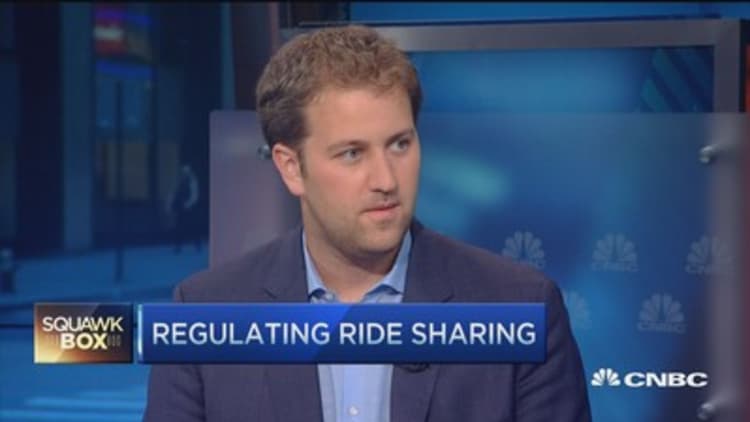A federal ruling that broadens the definition of "employer" to include subcontractors has huge implications for franchise operations.
The National Labor Relations Board last week concluded that a sanitation company, Browning-Ferris Industries, and a subcontractor are joint employers of workers.
Read More
"Without any congressional or court action [this decision] could significantly alter the face of American business as we know it," Steve Caldeira, president of the International Franchise Association, said in a statement. The association supports an industry with some 780,000 franchise establishments and some 8.5 million workers.
"If allowed to go into effect, the impact of this new joint-employer rule would be sweeping and widespread … and ultimately, would inflict serious damage to our nation's economy," Caldeira said.
Entrepreneur Mara Fortin, who owns seven locations of the Nothing Bundt Cakes bakery chain in California, says the broadened definition of employer could upend her business model. Her franchised businesses could now be held to a broader set of regulations and costs under her parent company.
"It creates another level of overhead and administrative costs," Fortin said. "I wanted to own my own business and live out the American dream," she said. "This will take away my ability to run my own business here in California."
The franchise association says the wage board's 3-2 vote could "create havoc" on the industry.

The association cannot directly appeal the wage board's decision. But it says it will do whatever it can to fight it.
The NLRB said in a statement that the change better reflects "the current economic landscape." With roughly 2.9 million of the nation's workers employed through temporary agencies, the board said its previous joint employer standard had failed to keep pace with changes in the modern workplace.
Franchise operations now face the possibility of having to add another layer of rules and costs so franchised locations comply with parent company-level regulations.
"Franchisors will have to put into place compliance networks," said Michael Lotito, co-chair of Littler's Workplace Policy Institute, part of global employment and labor law firm Littler Mendelson, P.C. Lotito warns compliance-related costs may eventually trickle down to consumers.
The ruling could also play a role in a dispute between McDonald's and labor unions, which is set to resume in the fall before the NLRB.
The labor board is weighing whether McDonald's is defined as a joint employer with its individual franchisees. A ruling that McDonald's is a joint employer would mean the corporation could be held responsible for working conditions, pay and worker's rights violations at individual franchised locations.
Read More The McDonald's fight that could change franchising


